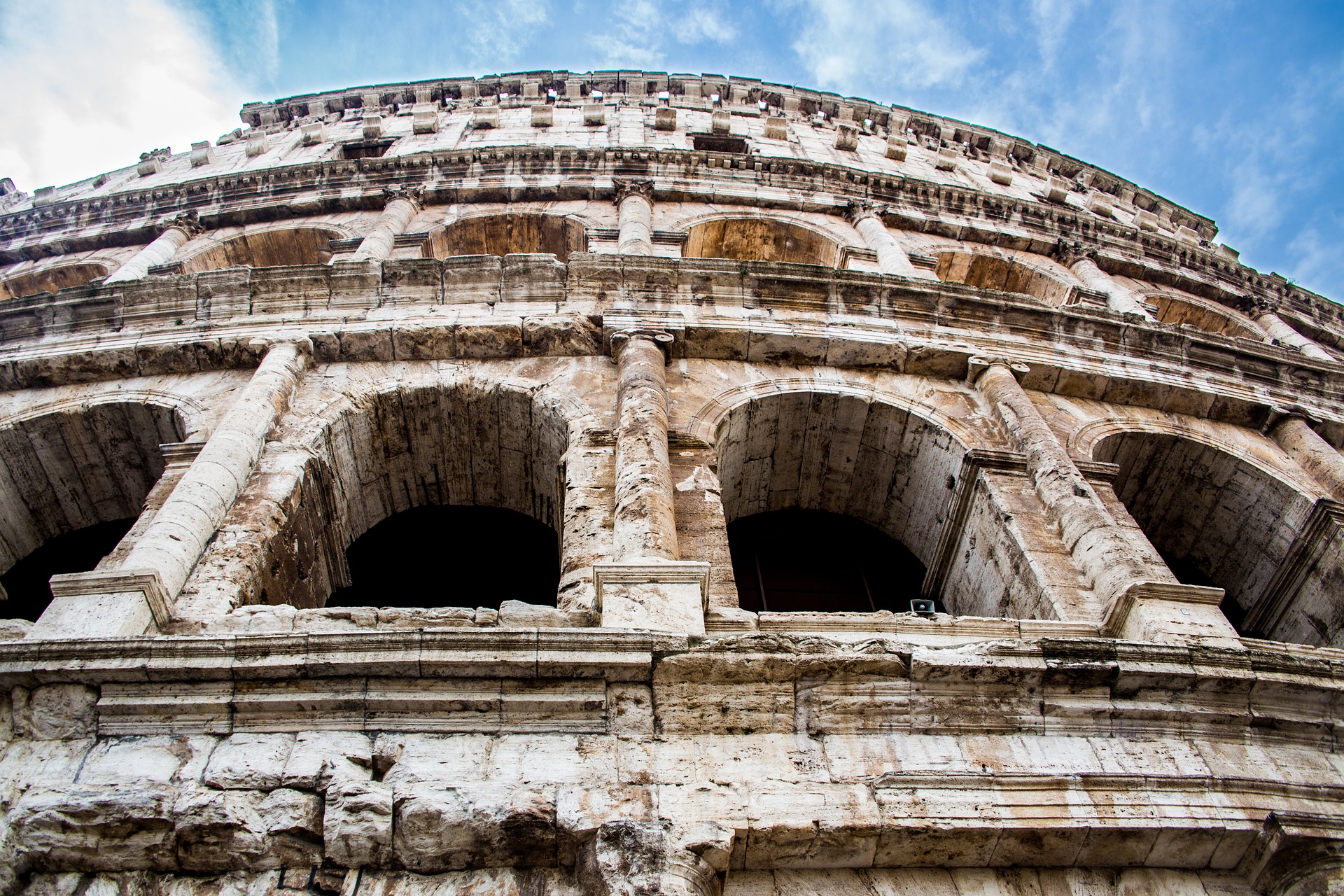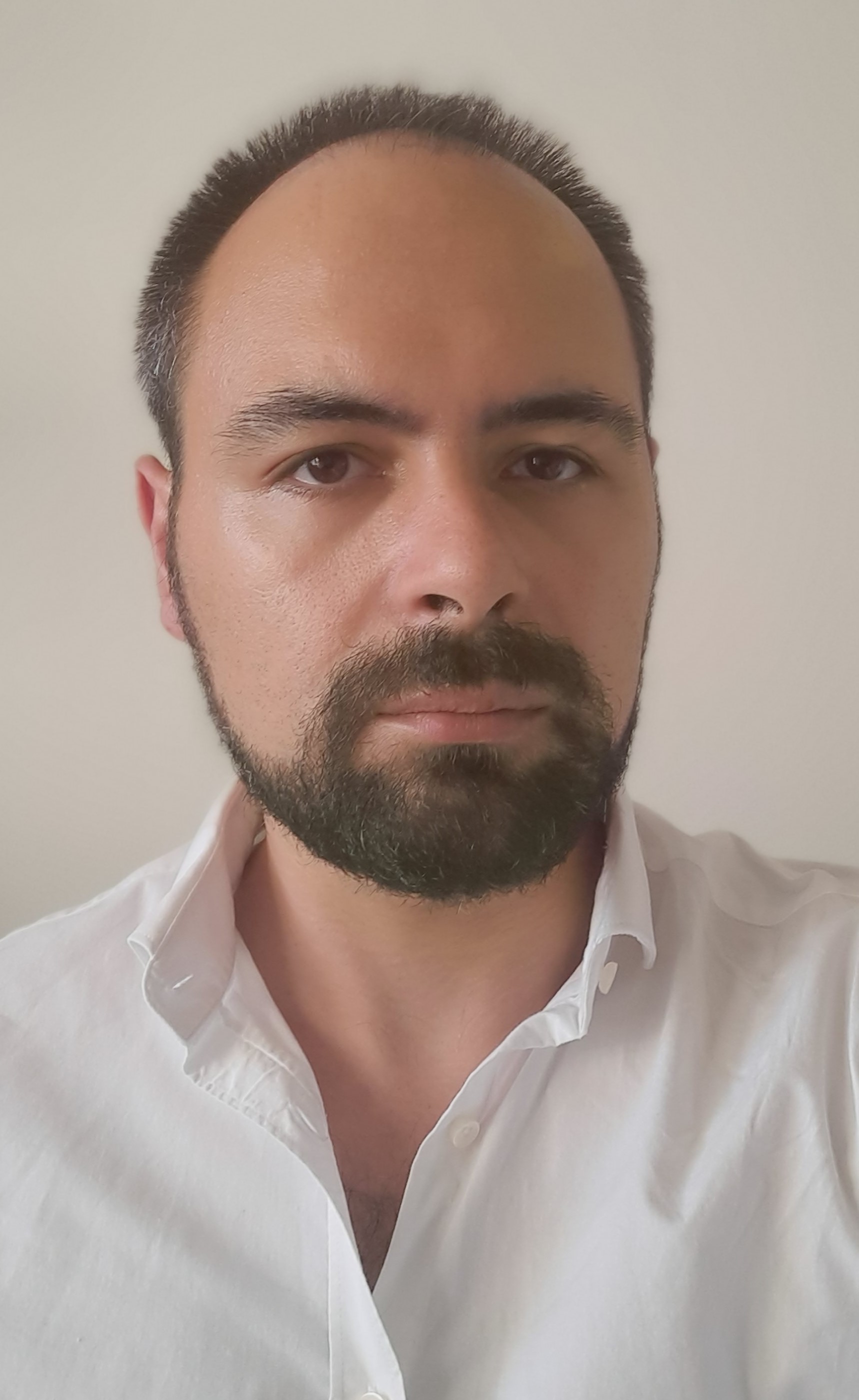Meet the Young CAS Fellows for 2021-23: Daniele Miano

Daniele Miano is an associate professor in ancient history at the University of Oslo (UiO) and will lead the Young CAS Fellow project The Roots of Universal History: The Empire, the World, and the Historian (c.200 BCE - 1681 CE).
The legacy of the long history of universal historiography is controversial, and creating universal narratives can be interpreted as an act suppressing the voice of the subaltern, a term meaning lower social classes and marginalised groups, Miano explains in his project proposal.
‘Universal histories have largely been seen as irrevocably imperialistic. In my project I will question this assumption,’ Miano said.
In his project, the historian will explore the hypothesis

that ‘if it is empires that make universal history possible, the pre-modern origins of this historiography do not necessarily endorse imperial power.’ On the contrary, this type of history writing can represent a way of controlling the political discourse around empires and even a form of resistance to imperialism, Miano elaborates in the project proposal.
According to Miano, the most innovative aspect of his project will be to analyse universal historiography from possible subaltern perspectives, complicating its relationship with imperialism and power.
The project is one of the four Young CAS Fellow projects due to start in August 2021 . The projects will last for two years.
We spoke with Miano about his project and his thoughts about having been selected for the Young CAS Fellow programme for 2021-23.
Congratulations! Could you briefly tell us about your project?
Thank you!
In popular wisdom, history is written by the winners, and it is certainly true that the writing of history can reflect relationships of power. In antiquity, we see the first attempts to write histories of the whole world. These ancient universal histories saw world history through the lens of imperial history; empire and conquest created a visible process of interconnection that allowed historians to write about the whole world rather than single sites of regional conflicts.
In the recent past, these universal histories have been seen as irrevocably imperialistic; by identifying imperial power with historical interconnection, universal historians would have endorsed it.
This would imply that, far from being imperialistic, universal history might have even been a form of resistance to imperialism.
In my Young CAS Fellow project, I want to invite a group of international scholars to help me question this assumption, looking at different forms of history writing with universal ambitions, from antiquity to the early modern period. In antiquity, for example, most universal historians, such as Polybius or Diodorus Siculus, were foreigners, and they had a point of view distinct from that of the Roman empire.
The hypothesis we are going to explore is that these historians might have wanted, in different ways, to influence the public discourse on empires in their own time, and persuade imperial power to be as passive, tolerant and benevolent as possible. This would imply that, far from being imperialistic, universal history might have even been a form of resistance to imperialism.
Please tell us about yourself, your research interests and your career path.
I come from Italy, and I moved to Norway last summer to start a job as an associate professor at the University of Oslo. I have had a very mobile career. I studied in Italy and, before moving to Norway, I worked in Germany, the UK, Ireland and France. I am an ancient historian, and I have worked primarily on Roman and Italic gods and goddesses, and on the history of early Rome and its historiography.
Why did you apply to the Young CAS Fellow programme?
It seemed an excellent opportunity to get the resources to start a new and ambitious collaborative project. I am happy that I made it!
I really look forward to learning new things from colleagues, especially, but not only, those working outside my area of expertise.
What in particular are you looking forward to as a future Young CAS Fellow?
I really look forward to learning new things from colleagues, especially, but not only, those working outside my area of expertise.